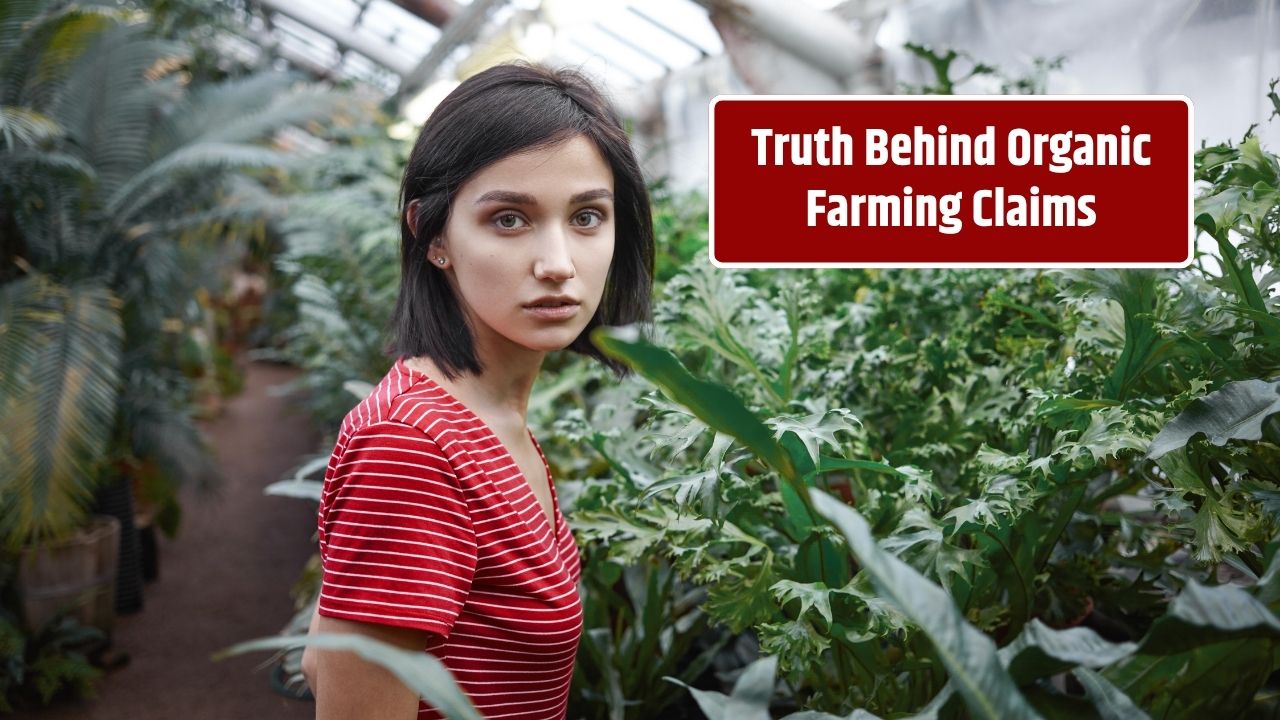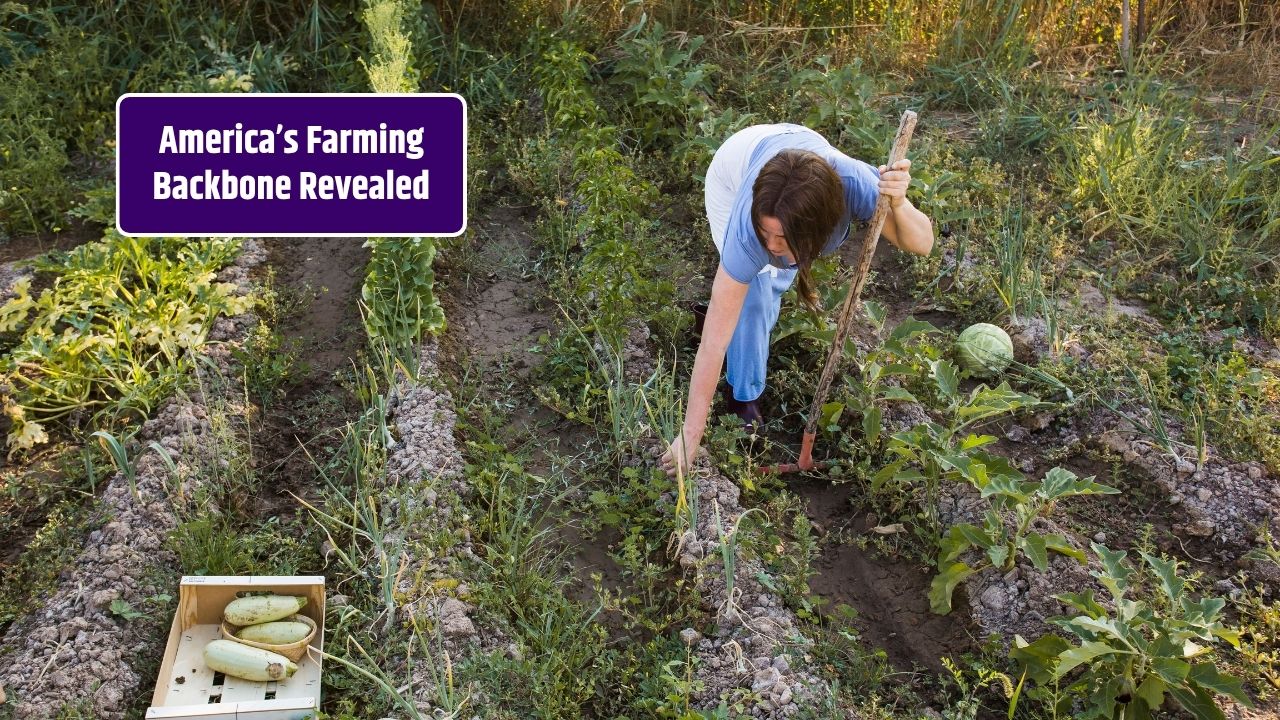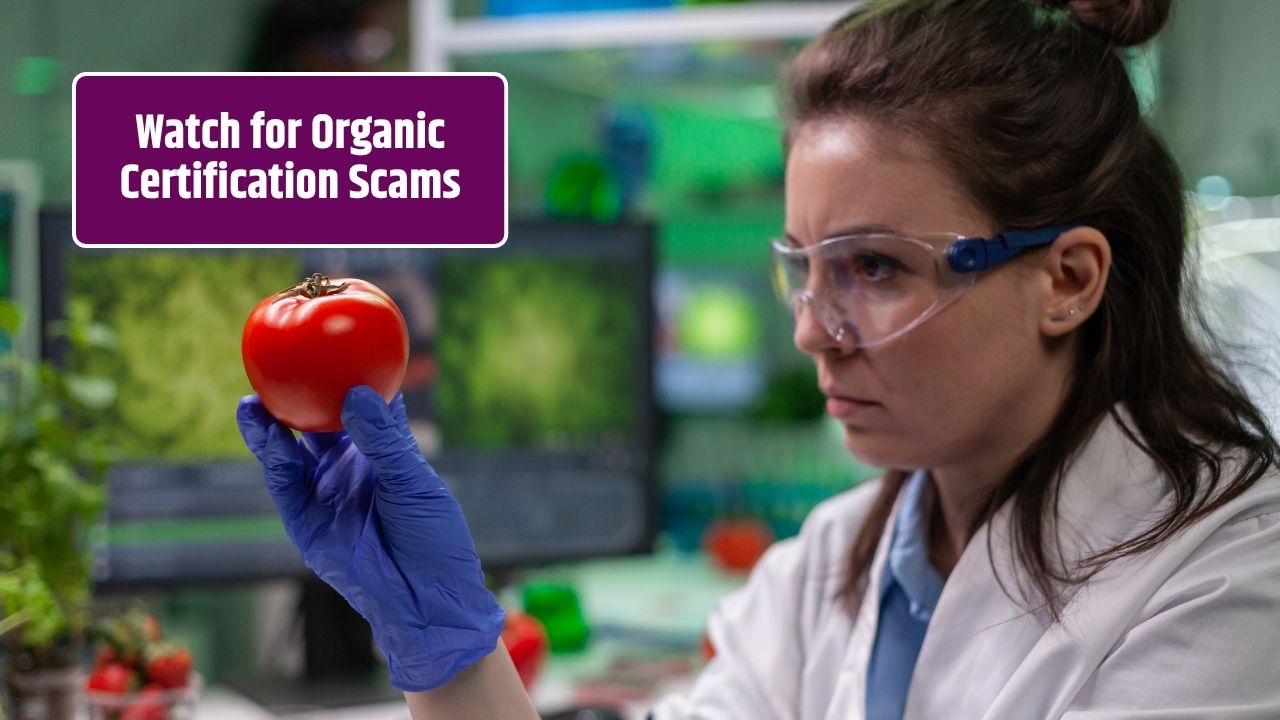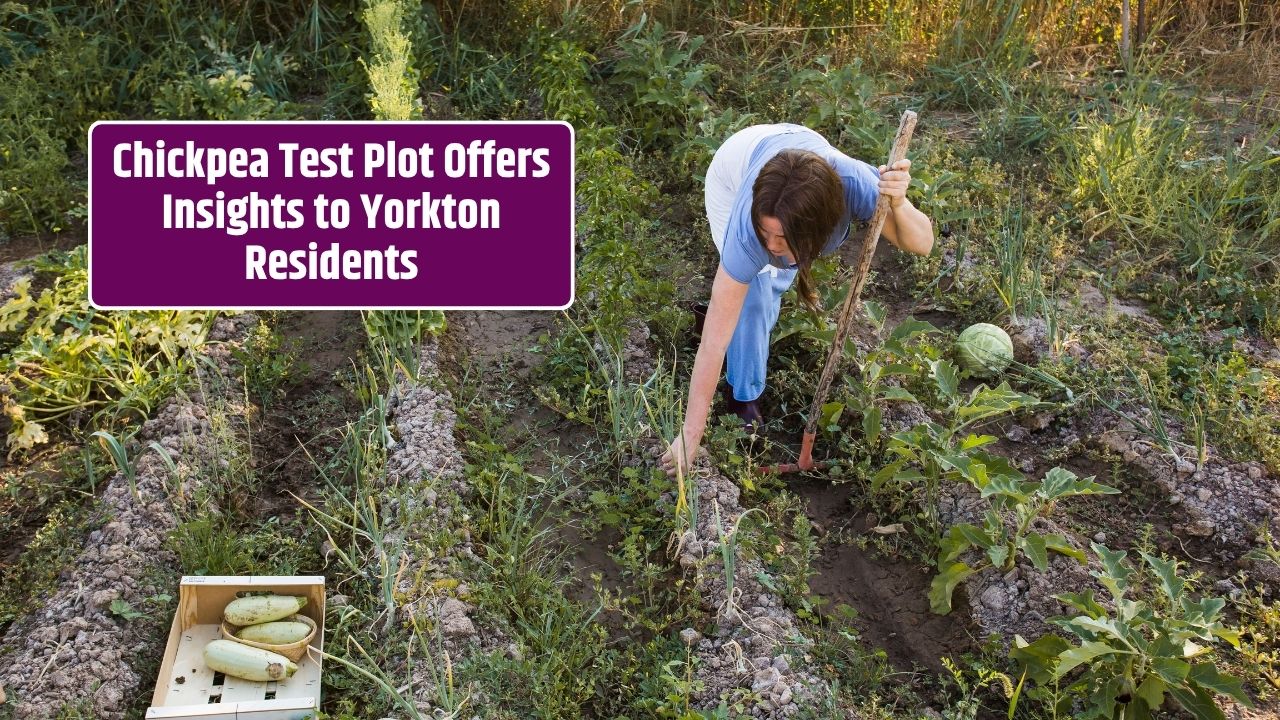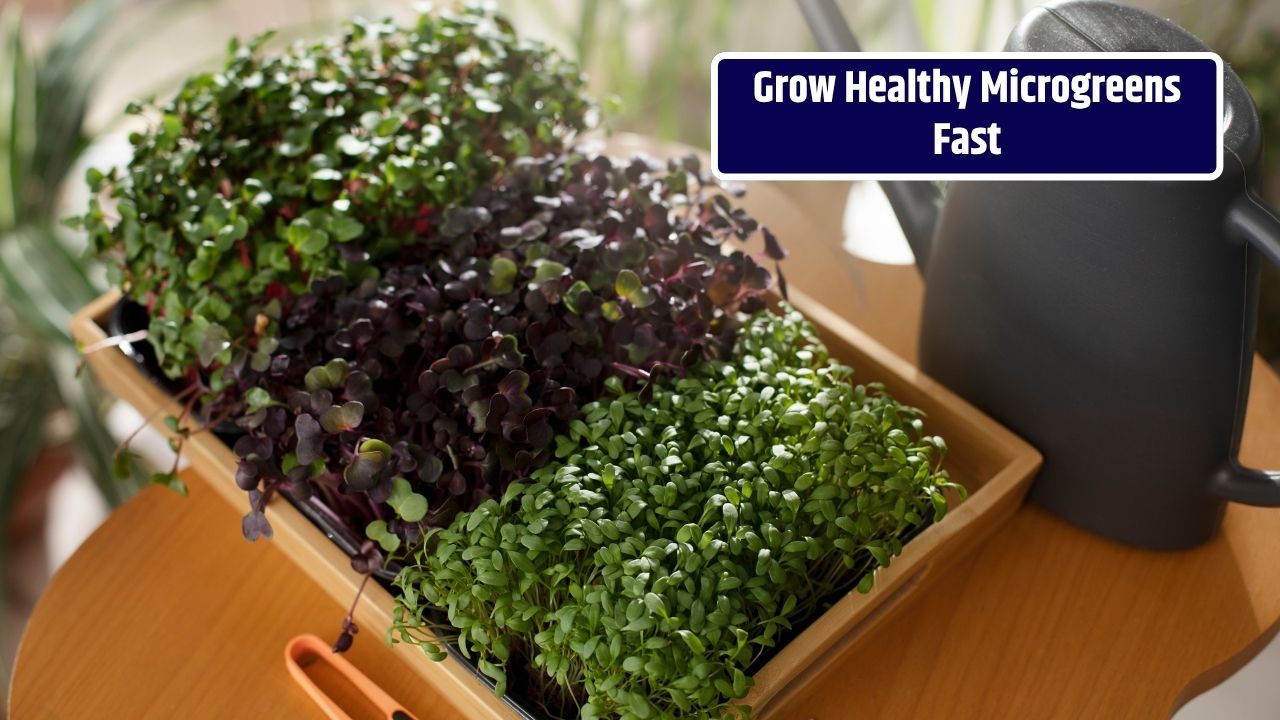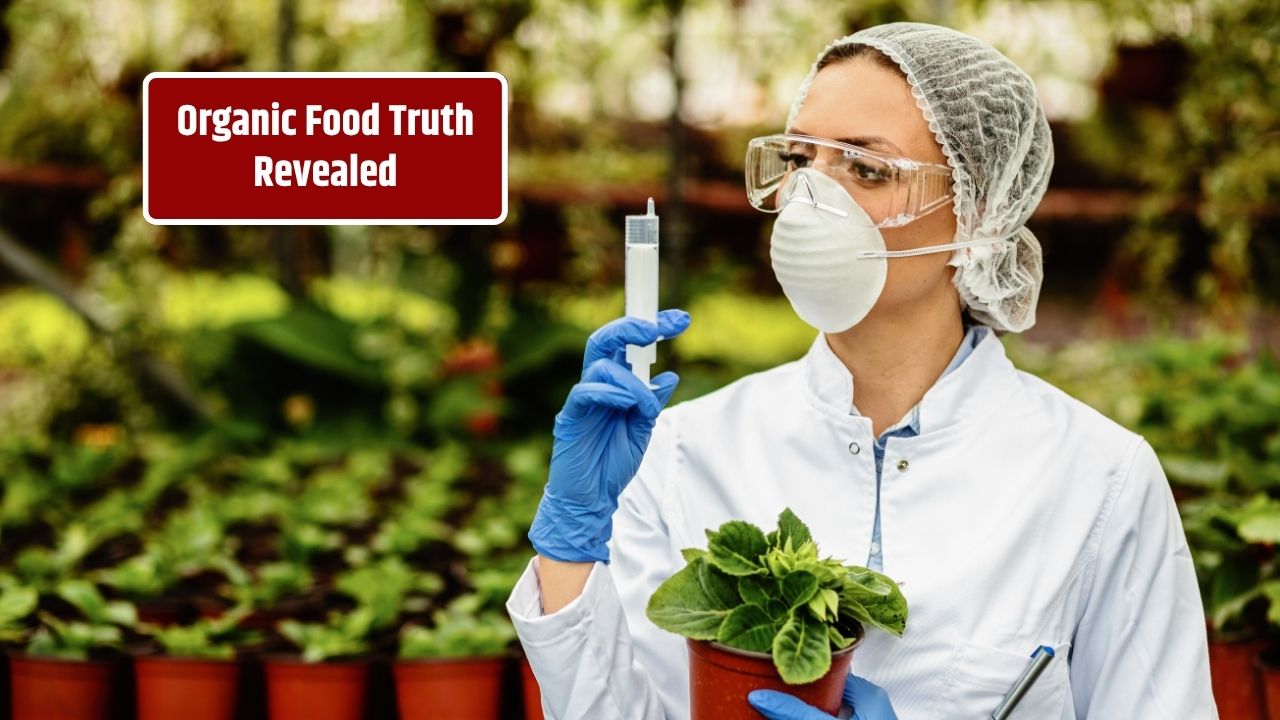Organic farming is often praised for being eco-friendly, healthy, and sustainable—but it’s also surrounded by a fair share of myths and misconceptions. These myths can lead to confusion among consumers, skepticism from farmers, and misleading debates in the media. With more people seeking transparency about their food and farming systems, it’s important to separate fact from fiction.
Here are five of the most common myths about organic farming—debunked with real science and modern insight.
Table of Contents
1. Myth: Organic Farming Doesn’t Use Pesticides
Fact: Organic farmers do use pesticides—but only approved natural ones.
One of the biggest misconceptions is that organic farming is “pesticide-free.” While organic farms avoid synthetic pesticides, they can use naturally derived substances like neem oil, insecticidal soap, and pyrethrin (from chrysanthemum flowers). These inputs must be approved by the USDA or other organic certification bodies and are often used in smaller quantities.
What’s different is that organic farmers prioritize preventative methods—like crop rotation, intercropping, and beneficial insects—before turning to any sprays.
2. Myth: Organic Farming Can’t Feed the World
Fact: Organic systems can be productive and resilient—especially in the long term.
It’s true that organic farms sometimes yield less than conventional farms in the short term, especially for high-input monocultures. But studies show that organic systems perform better during droughts, reduce dependency on fossil fuels, and improve soil health—all critical for long-term food security.
In regions with poor soil or limited resources, organic farming has actually helped increase yields through better soil fertility and lower input costs.
3. Myth: Organic Food Is Always Healthier
Fact: Organic food is often lower in pesticide residues—but not always more nutritious.
Organic produce typically contains fewer synthetic pesticide residues, which is a top reason consumers choose it. However, when it comes to nutrients, the differences are small and vary by crop.
Some studies have found slightly higher levels of antioxidants and certain vitamins in organic fruits and vegetables, but overall nutrition depends more on freshness, variety, and how the food is grown—not just the organic label.
4. Myth: Organic Farming Is Just “Old-Fashioned”
Fact: Today’s organic farms use modern science and innovative techniques.
Organic farming isn’t about going backward—it’s about working smarter with nature. Many organic farmers use drones, GPS-guided tools, compost monitoring tech, and soil sensors to improve productivity. The goal is to optimize natural systems with precision, not reject innovation.
Sustainable practices like bio-intensive planting, no-till agriculture, and regenerative soil building are cutting-edge and data-driven—even without chemicals.
5. Myth: Organic Certification Is Just a Marketing Gimmick
Fact: Organic certification involves strict, verified standards.
Becoming USDA-certified organic is no easy feat. Farmers must follow years of regulated practices, avoid prohibited substances, and keep detailed records. Annual inspections and third-party audits ensure compliance.
While it’s true that certification adds cost and paperwork, it also provides consumer trust and accountability. It’s not just marketing—it’s a verified farming standard.
Quick Comparison Table: Organic Farming Myths vs. Facts
| Myth | Fact |
|---|---|
| Organic farming uses no pesticides | Organic uses natural, regulated pesticides and focuses on prevention |
| It can’t feed the world | Yields are competitive long-term and more resilient in harsh climates |
| Organic food is always more nutritious | Not always—but it’s lower in pesticide residues |
| It’s outdated and unscientific | Organic uses modern tools, data, and ecological science |
| Certification is just marketing | It’s a strict, verified process regulated by law |
Debunking these myths is key to understanding what organic farming truly offers—and what it doesn’t. While no system is perfect, organic farming presents a thoughtful approach to growing food that considers the health of the soil, the environment, and the consumer. By cutting through the noise, farmers and consumers alike can make more informed, balanced choices.
FAQs
Is organic food completely pesticide-free?
No. Organic foods may contain traces of natural or approved pesticides, but these are usually used in smaller amounts and degrade faster.
Why does organic food cost more?
Organic farming often involves higher labor costs, longer crop rotations, and certification fees. It also avoids synthetic shortcuts that lower costs in conventional systems.
Can small farmers go organic easily?
It’s challenging but possible. Many government programs offer transition support, and small-scale direct-to-consumer models help offset costs.

